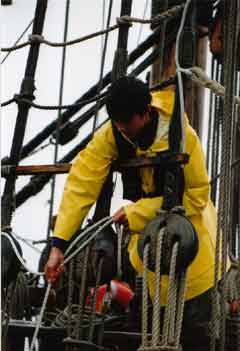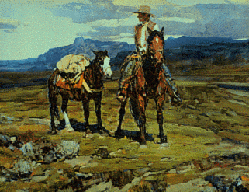
As well as being known and sung internationally, the popular song ‘Cockles and Mussels’ has become a sort of unofficial anthem of Dublin city. The song’s tragic heroine Molly Malone and her barrow have come to stand as one of the most familiar symbols of the capital. In addition, Molly’s international pulling power is shown by the fact that she scores hundreds of ‘hits’ on the Internet, many of them relating to ‘Irish pubs’ bearing her name. It seems perfectly natural therefore that Molly should have been commemorated by erecting a statue to her in Dublin, which monument has become a familiar landmark at the corner of Grafton Street and Suffolk Street. Let us now travel back in time to see what we can find out about the real Molly Malone.
Read the rest of his story here:
http://homepage.eircom.net/~seanjmurphy/irhismys/molly.htm
Special thanks to Sonnet Simmons for her wonderful vocal on Molly Malone. And Happy Birthday too!
Wikipedia: http://en.wikipedia.org/wiki/Molly_Malone
Where the [Am] [D] girls are so pretty
[G] I first laid my [Em] eyes on sweet [Am] Molly [D] Malone
[G] As she wheel’d her [Em] wheel barrow
Through [Am] streets broad and [D] narrow
Crying [G] cockles and [Em] mussels [Am] alive, [D] alive [G] o!
Chorus
[G] Alive, alive [[Em] o!, [Am] alive, alive [D] o!
Crying [G] cockles and [Em] mussels [Am] alive, [D] alive [G] o!
She was a fishmonger
But sure ’twas no wonder
For so were her father and mother before
And they each wheel’d their barrow
Through streets broad and narrow
Crying cockles and mussels alive, alive o!
Chorus
She died of a fever
And no one could save her
And that was the end of sweet Molly Malone
But her ghost wheels her barrow
Through streets broad and narrow
Crying cockles and mussels alive, alive o!
Chorus X3









